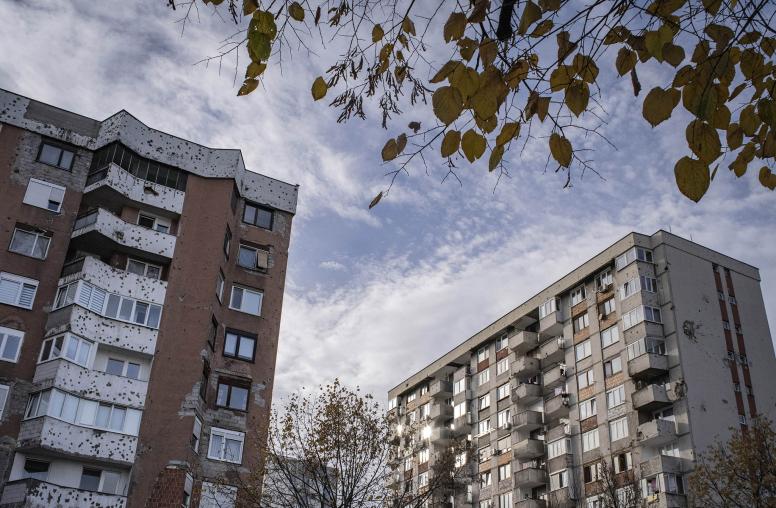Is There a Role for Religious Actors in Countering Radicalization and Violent Extremism?
Voices from the Trenches
Read the Event CoverageOn September 26th, 2014, USIP hosted three panelists from the “Religious Actors Combating Radicalization and Violent Extremism Symposium,” who presented key insights drawn from the workshop and their own experiences.

Recent events in Iraq and Syria underscore the devastating impact of violent extremism. In fact, it is one of the most pressing issues facing the world today, affecting many regions and threatening to destabilize the global community. Efforts to counter violent extremism require strategic and sensitive approaches that take into account its myriad drivers and encourage collaboration across many sectors. While civil society has an important role to play in countering violent extremism, religious actors are particularly well positioned to address some of its root causes, particularly in areas in which extremism is couched in religious terms.
At the end of September 2014, the Network of Religious and Traditional Peacemakers, Finn Church Aid, the Ministry of Foreign Affairs of Finland, and the U.S. Institute of Peace (USIP) hosted the “Religious Actors Combating Radicalization and Violent Extremism Symposium,” in Washington, DC and New York City. This symposium brought together nearly two dozen selected religious leaders, scholars and actors from around the world, including Nigeria, Sri Lanka, Syria and Libya who have been very involved in combating violent extremism in their own communities.
Speakers
Georgia Holmer, Opening Remarks
Deputy Director, Rule of Law Center
H.E. Sheikh Abdallah Bin Bayyah
President, Promoting Peace in Muslim Societies, United Arab Emirates
Pastor Esther Ibanga
President, Women Without Walls Initiative, Nigeria
Founder & Pastor, Jos Christian Missions International
Vinya Ariyaratne
General Secretary, Sarvodaya, Sri Lanka
Susan Hayward, Moderator
Senior Program Officer, Religion and Peacebuilding Center



